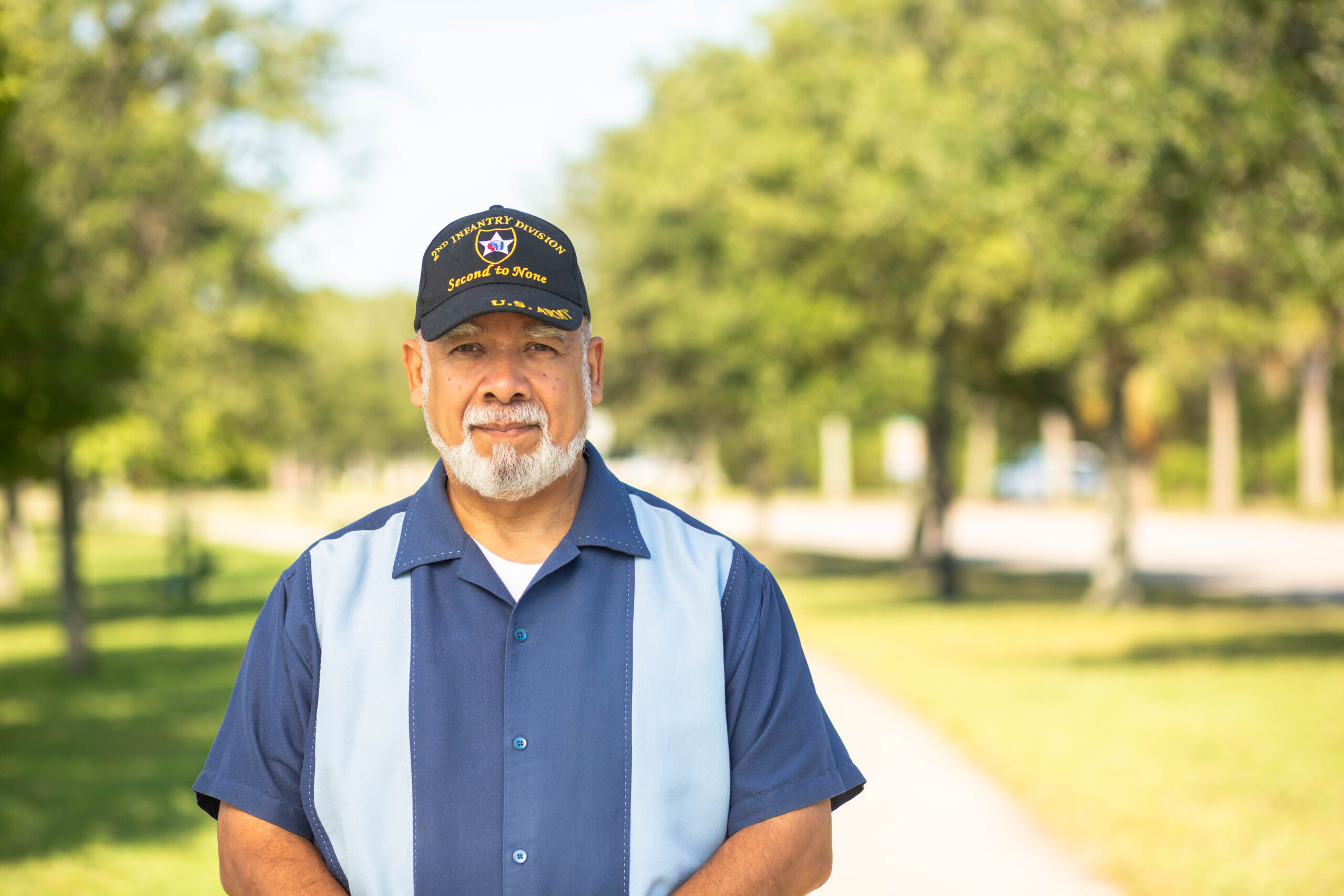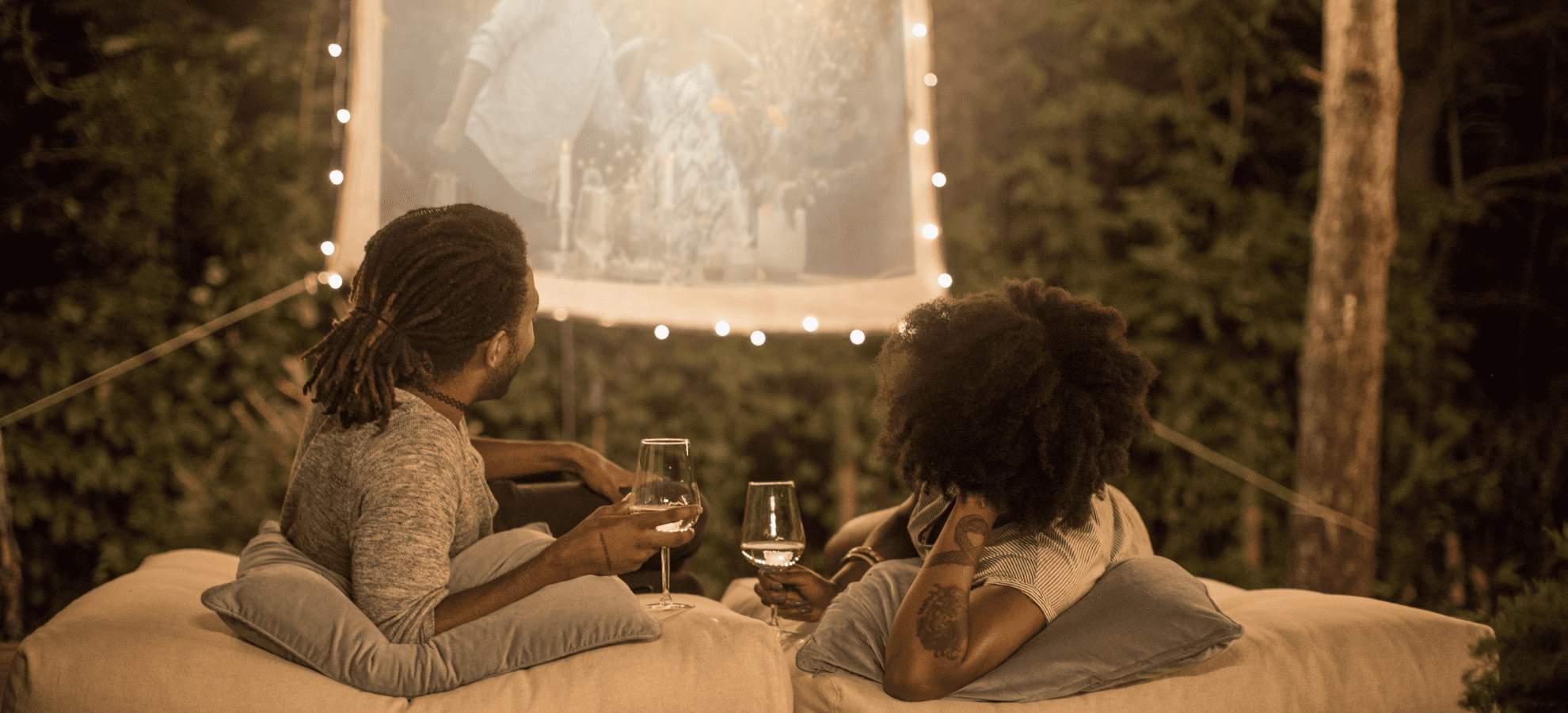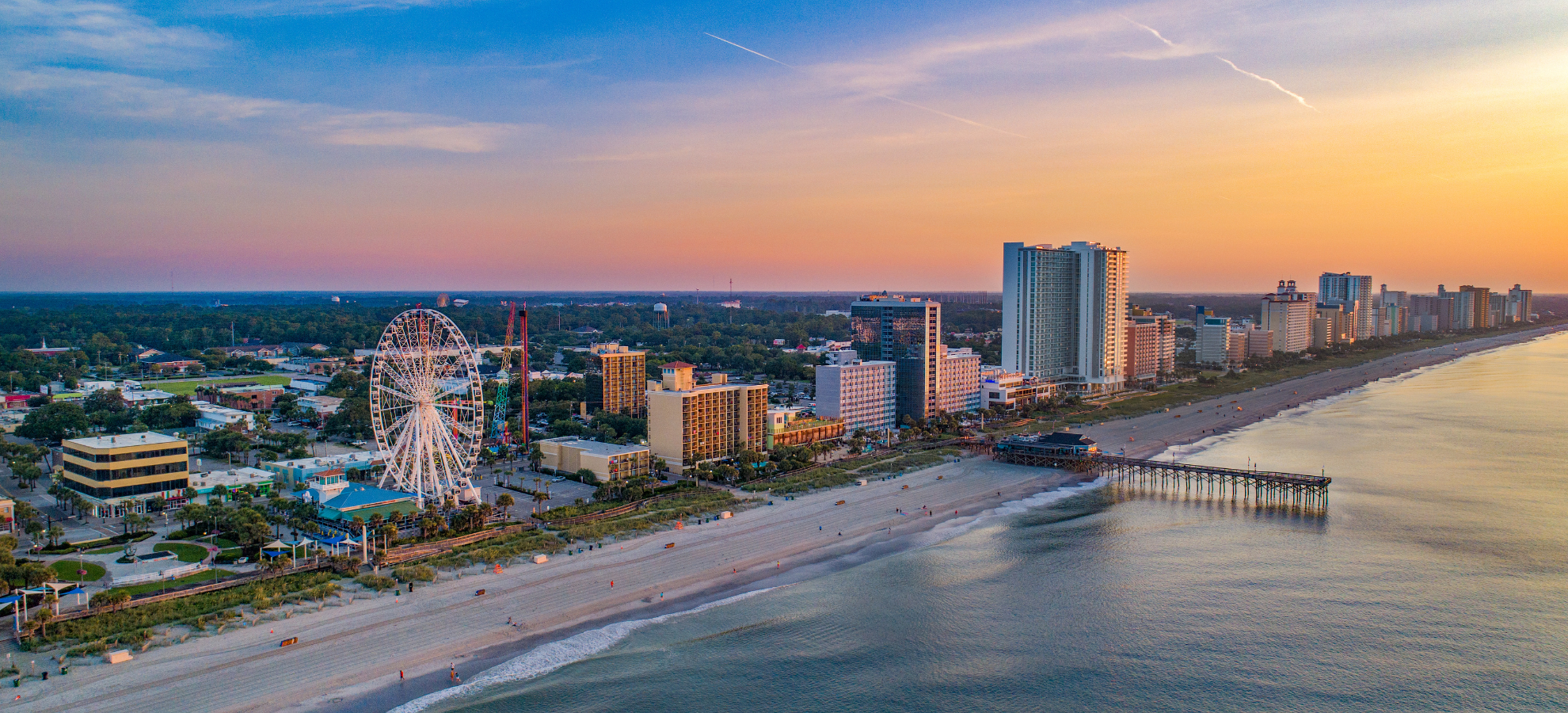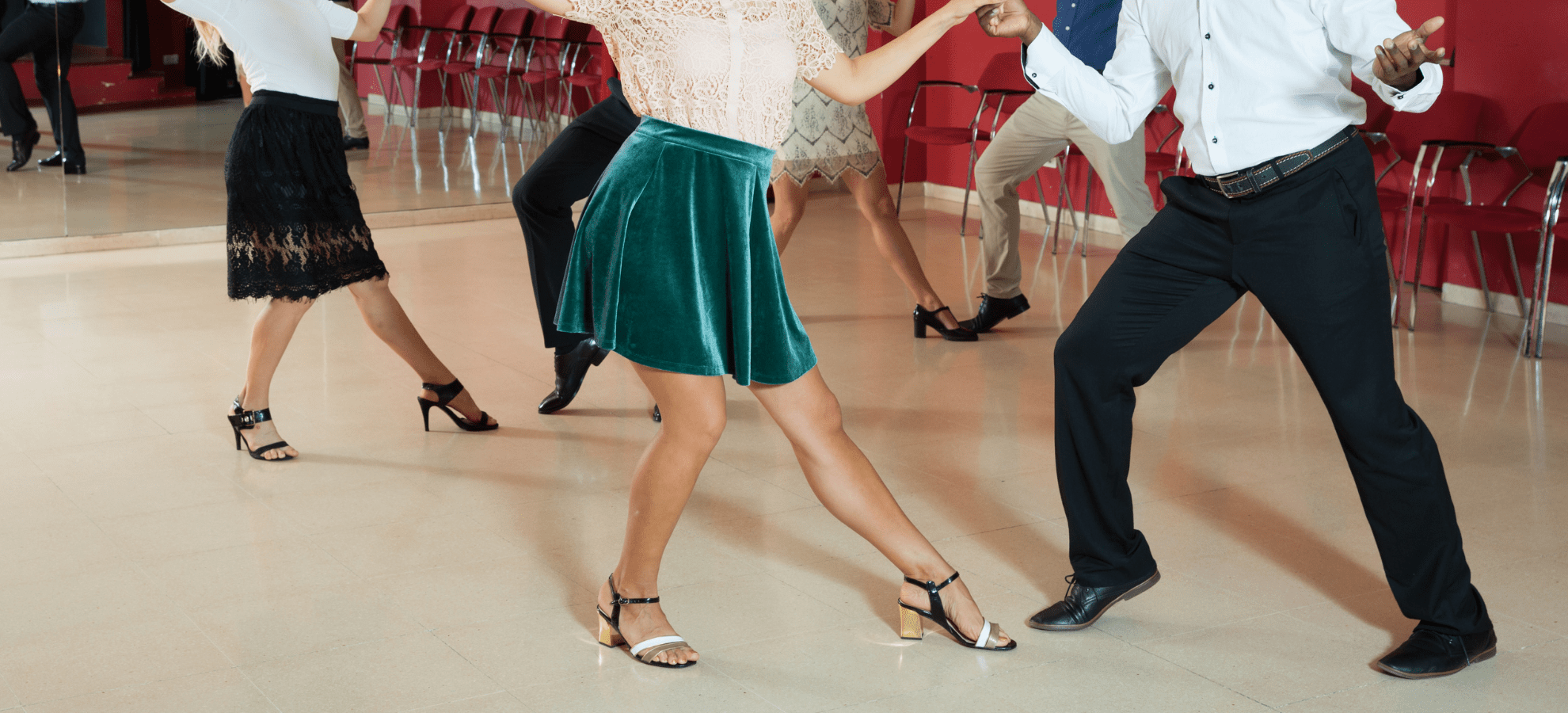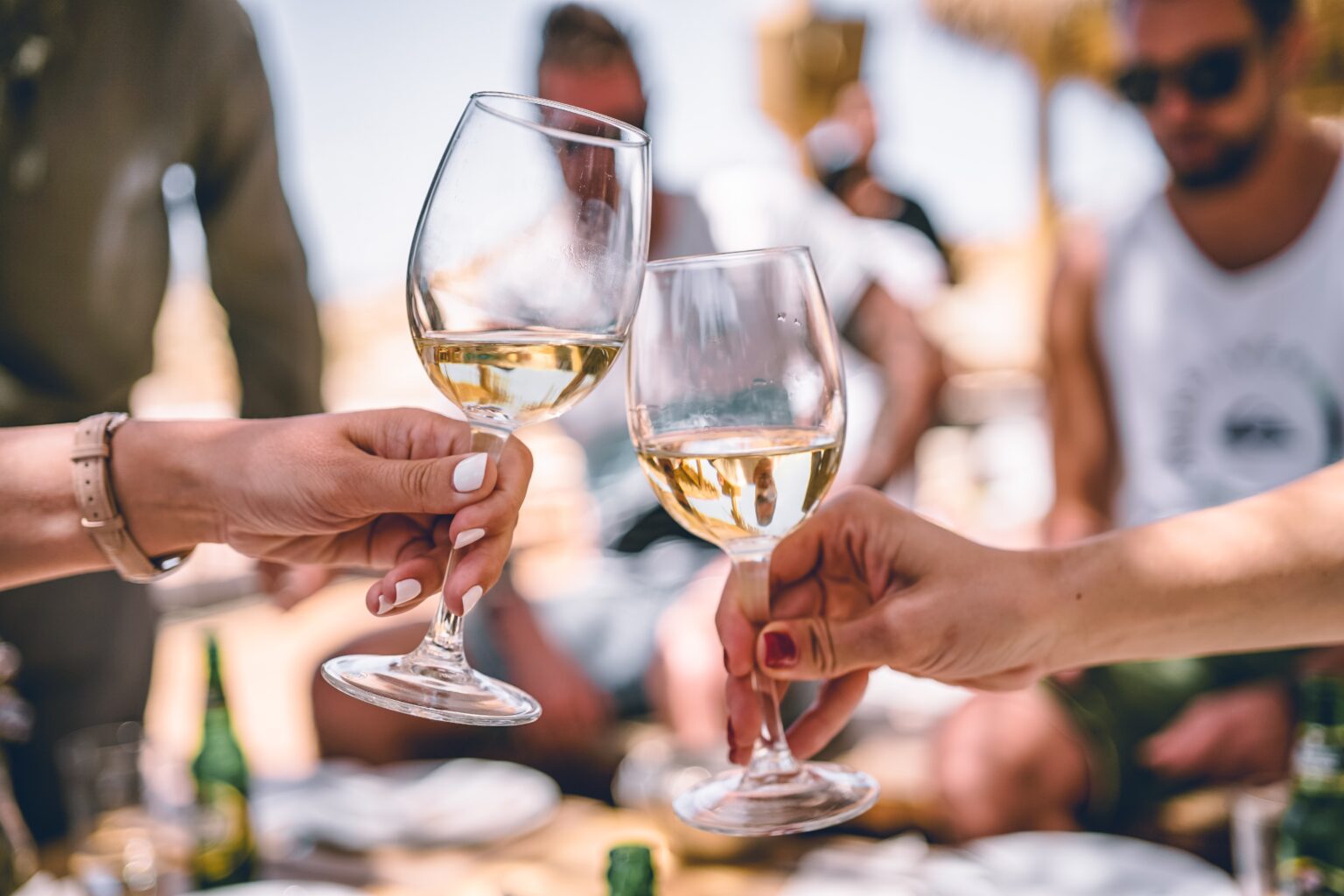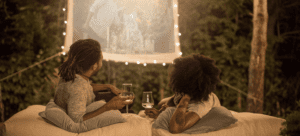Peace-Time Medic and Social Activist
Celebrate Our Veteran gives voice to the stories of the U.S. military veterans living amongst us. The actions of these brave and dedicated people, who have served our country both in active military duty as well as administrative positions, have and continue to contribute to the protection and preservation of us and our country.
We hope that this section of our paper is an opportunity for our community to hear and see veterans with new eyes, and for veterans to receive recognition and honor for their experiences and life journeys.
This month’s Celebrate Our Veteran recounts the story of Nelson Melendez, as told in his own words. This is the final chapter of a two-part series, continued from last month. Click here to read Part 1.
by Melissa LaScaleia
continued from last month…
“It was a great experience for me. I enjoyed meeting new people; we were an hour from Seoul and could visit when we had leave time. It was very interesting, and a culture shock of course. I learned to eat Korean food and speak the language a little.
I roomed with a KATUSA, a Korean soldier augmented to the American army; he was a sergeant too. KATUSAs wanted to learn the American way of doing things, but the experience gave me the opportunity to learn more of the Korean language and culture too. I would go out to eat with him and learned all kinds of things.
I did eat dog and water buffalo, and had no idea at the time. And I’m a dog lover. He thought it was funny, but he only tricked me once. I also developed a love of kimchi, and tried about thirty different types.
I found that either you open yourself to the experience, or you lock yourself in, and develop issues. I’m very open. Everywhere I go I try something different.
While in Korea, I went to mountain rappelling and water survival school. I was the doc to these soldiers, and they would ask me if I wanted to do things with them because I was there helping them. So they’d give me the opportunity to do something totally outside of my job skill.
I learned how to make a rappeling harness out of just rope. I learned how to make something with something else and how to make it work for you. In water survival school we learned how to capsize a rubber Zodiak boat and flip it over. It was very exciting and a lot of fun.
Part of what the military is in general is camaraderie with other soldiers. You make bonds with others no matter their walk or way of life because of the circumstances you’re all in. The military is great at teaching people who have nothing in common how to rally behind one common goal. My brother had been shot and sent home, but he returned to the field because he missed the camaraderie.
Once a month, North Korea would send air raids. We would climb into foxholes then, waiting to see what would happen. During those times, you were just grateful there was someone next to you in that foxhole, you didn’t care who it was.
North Korea wanted to unite with South Korea and wanted the Americans to go home, so they would drop communist propaganda pamphlets out of planes to try to convince the South Koreans to stop cooperating with the Americans and merge their countries.
Sometimes, after that, the reality of being away from your home would set in for soldiers. They would come to see me then, questioning what they were doing there. I always tried to set them right within themselves— to remind them they had signed up for themselves, for their own personal reasons, and it wasn’t that they owed anything to the army or South Korea.
I was in Korea for fourteen months, as part of a reactionary force, or what they called a peace time soldier. I take off my hat to anyone who went to war— they had to do something I never had to do. I understand the difference between someone who’s a combat veteran and what I did. The people who went to Korea and Vietnam, they are the true heroes; I was just a support person.
I’m grateful for my time in the military and living in a place that is so supportive to and appreciative of veterans. That spirit of gratitude is indoctrinated into me. If it wasn’t for what I did there, I’d be a different person from who I am.
After Korea, I separated from the Army from California. I had signed up for six years: four active duty and two reserves.
Most reserves spend one weekend a month, but because I was a medic, I always had to get vehicles and supplies ready. That took time, so I was a different status; I was almost like an active reservist.
Upon my exit, I returned to Brooklyn, and within a week was working for UPS. After wearing a uniform for so long, it feels natural to keep doing it. So I did that for about a year, and then a friend offered me a job at a bank in the accounting department in New York. Then I was wearing a suit and a tie for the next few years— just a different type of uniform.
At that time, the social activist Luis Garden Acosta had just begun a leadership program at El Puente de Williamsburg. Its mission was to get young people mobilized and socialized so they would learn about history and culture and grow from being drug dealers to community activists and leaders.
I was asked to come in and work at this program, mentoring and assisting youth, to get these kids off the street and to live more fulfilling lives. I ended up doing this for the next eleven years, and met my wife, Lisa, during this time too. Many of these kids grew up to go to college, which previously was never in their sights.
One day, Lisa and I and our son, Antonio John, took a trip to Myrtle Beach and decided to move here. We’ve been here ever since.
Social activism and building community are my two passions, and the fields I’ve continued working in ever since I started.
After arriving in Myrlte Beach, I became a bilingual victim’s advocate for the Horry County police department. And Lisa, AJ, and I run a karate school together in Myrtle Beach, as well as a non-profit for youth that focusses on non-bullying.
We’re trying to make less victims, and to give people skills to feel empowered while teaching them the power of presence rather than defaulting to fighting. I have karate students who went on to join every branch of the military; I like to think that I inspired their journey.”




